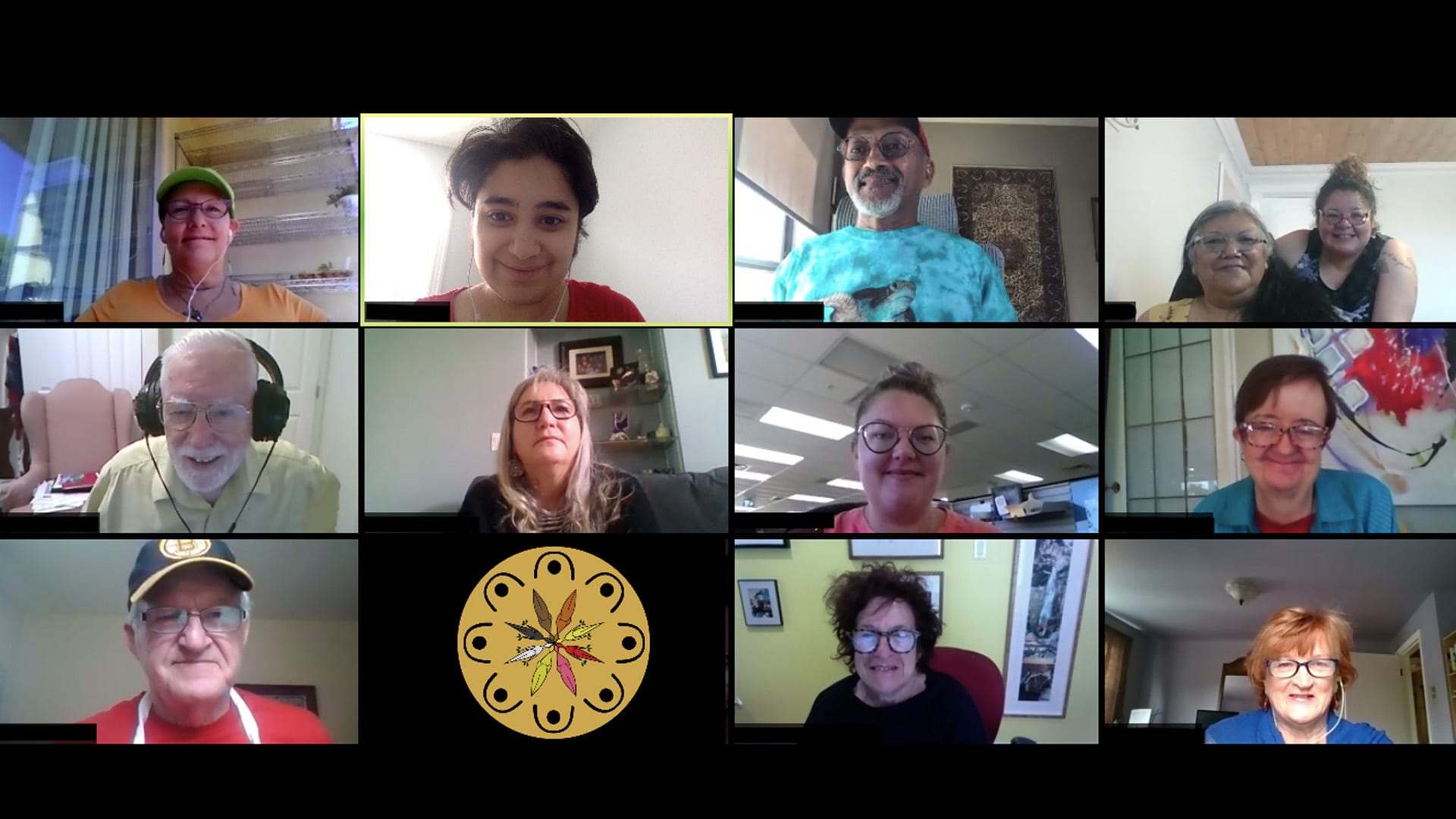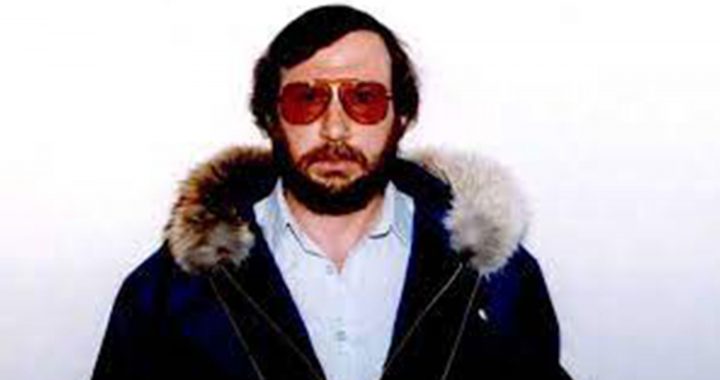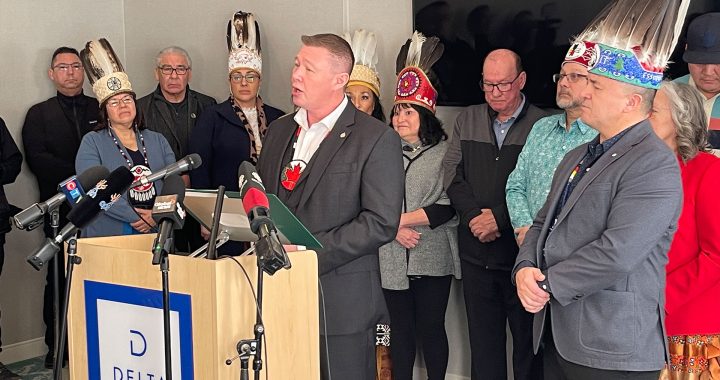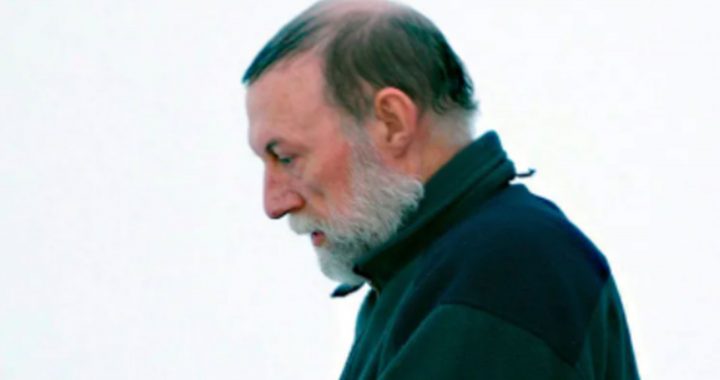The national group Circles For Reconciliation say the pandemic hasn’t hampered its effort to have people take a long hard look at the relationship between Canadians’ and Indigenous Peoples since it went online.
“We put out a call in April and within a week we had 100 people who wanted to sign up for [online] circles,” said Raymond Currie, project coordinator and founder, who believes while the pandemic forced people to stay home it also forced them to take a long, hard look at reconciliation in the country.
Currie founded the group, which hosted its first circle in Winnipeg in 2017.
Each circle runs once a week for 10 weeks and brings together five Indigenous and five non-Indigenous people in a sharing circle setting.
There is one Indigenous and one non-Indigenous facilitator that oversees the conversations that each week touches on a different topic such as the justice system, the 60s Scoop or residential schools.
The idea stemmed from the Truth and Reconciliation Commission’s calls to actions.
Currie wanted to create a space where Indigenous and non-Indigenous could safely share their experiences.
“The non-Indigenous people tell us above all they’re learning so much…for many people it’s the first time in their life they’ve ever sat down and talked with an Indigenous person about things that really matter in their lives,” said Currie.
The group has expanded and has hosted circles in more than 60 communities across Canada.
While there are no limitations on who can participate, for a circle to move forward there has to be an equal number of Indigenous and non-Indigenous participants.
That’s where Grace Schedler comes in.
The Cree woman is the group’s Indigenous ambassador meaning part of her job is recruiting Indigenous participants.
She started by partaking in one of the circles before moving on to facilitate circles, and recently moved into the ambassador position this fall.
Schedler said the circles gives Indigenous people space to speak – something that’s not always been there.
“They can share their stories. They can share how they’ve lived…and people can understand why it’s going to take a long time for us to heal.”
In Schedler’s eyes the circles are not about placing blame, but moving forward together.
“I don’t blame anyone for what happened in the past but I do blame if you don’t make an effort into making changes,” said Schedler.

For some, like Tammy Cadue, participating has been a life changing experience.
The Métis woman took part in an online circle in the summer and is now facilitating a circle out of Montreal.
“My first circle was extremely eye-opening and very healing. I decided then that this would be something that I would want to give other people the opportunity to experience for themselves,” Cadue told APTN News from her home in London, Ont.
It took Cadue several years to get into one of the circles. She’s not surprised they have become so popular, especially during the past eight months.
“I think the pandemic really helped people to recognize just how connected we are because it’s been taken away from us. We’re having to self-isolate and we can’t see the people we normally see,” said Cadue.
To learn more about Circles For Reconciliation visit their website: https://circlesforreconciliation.ca/










